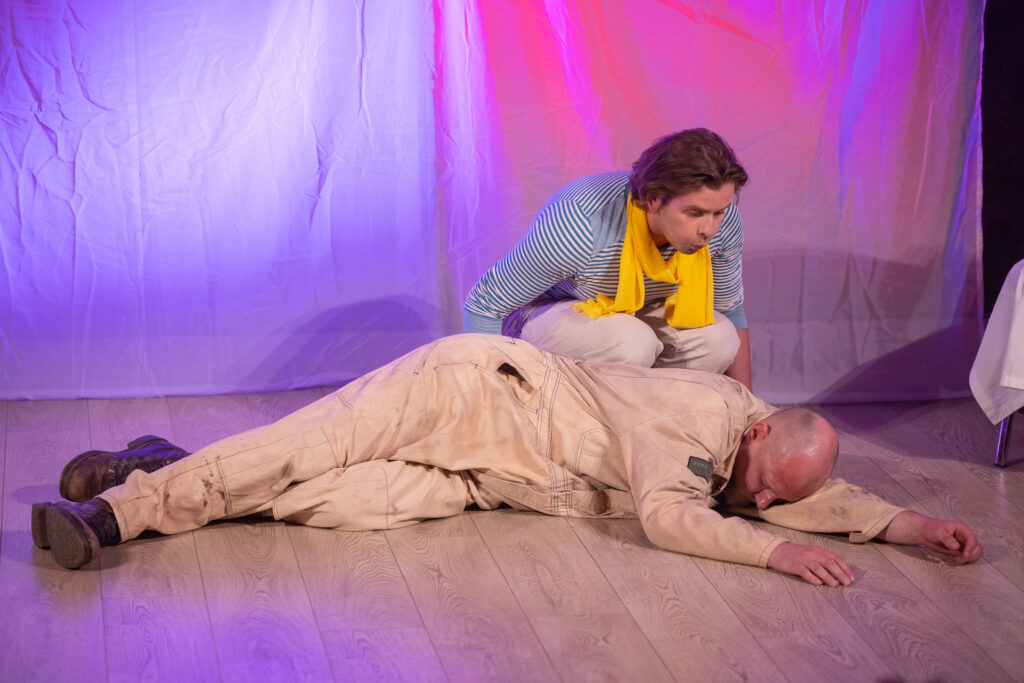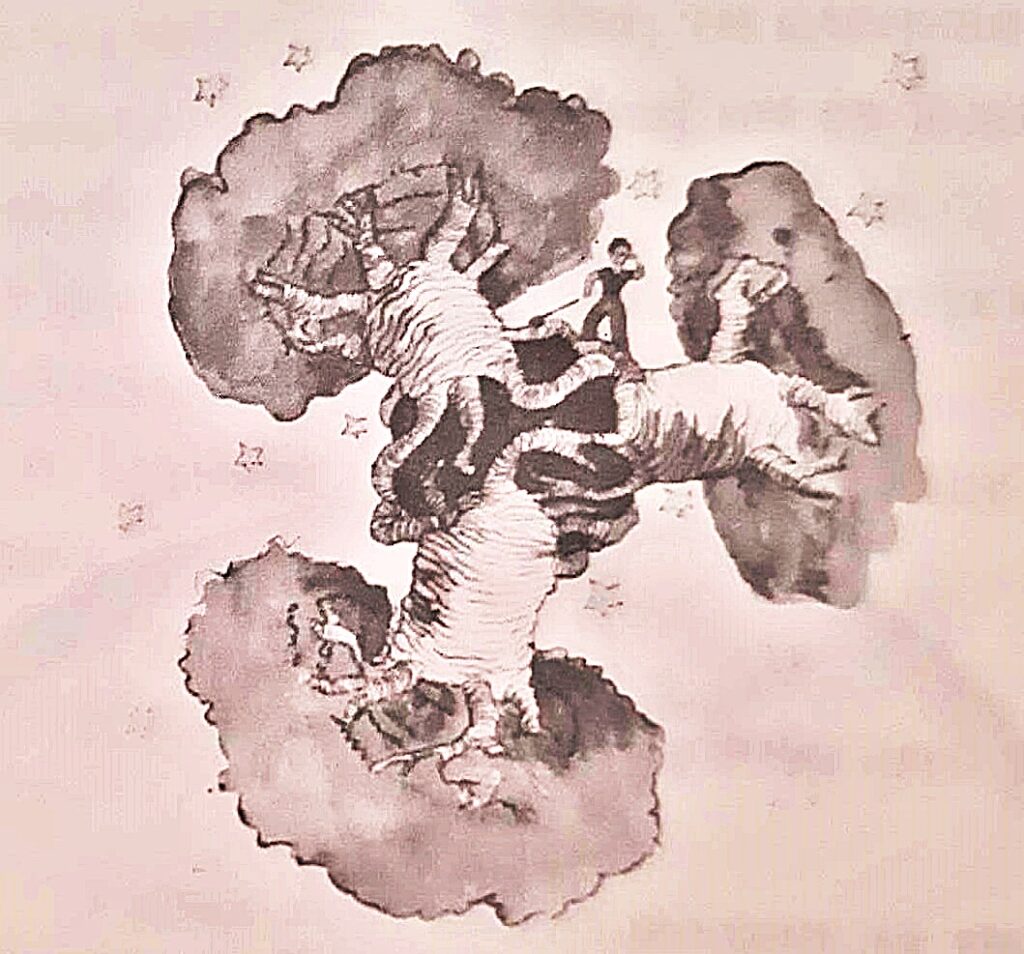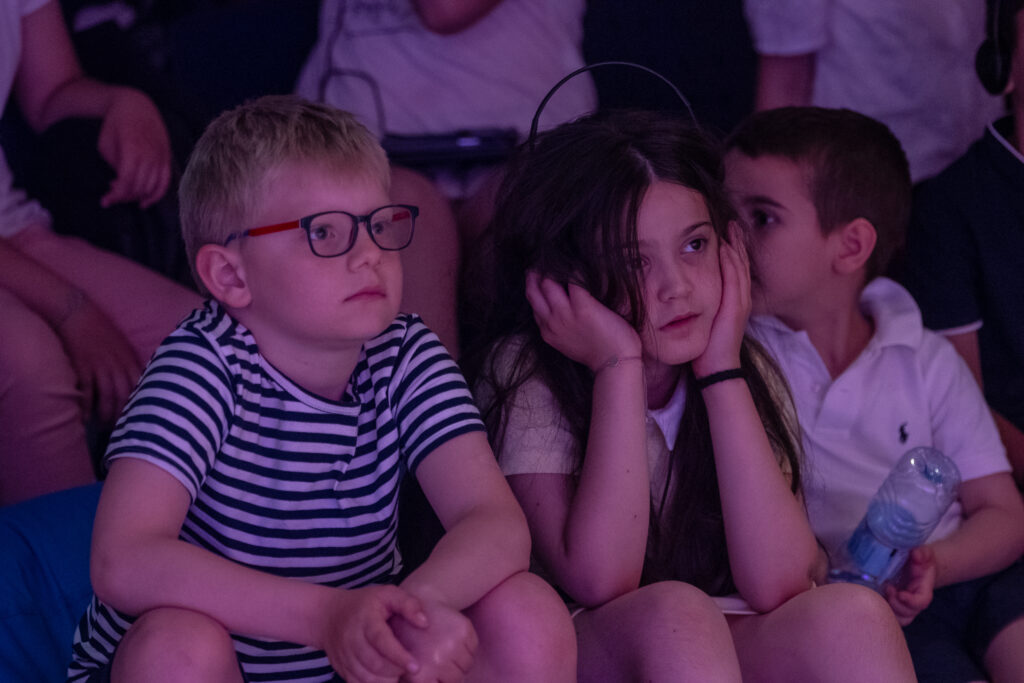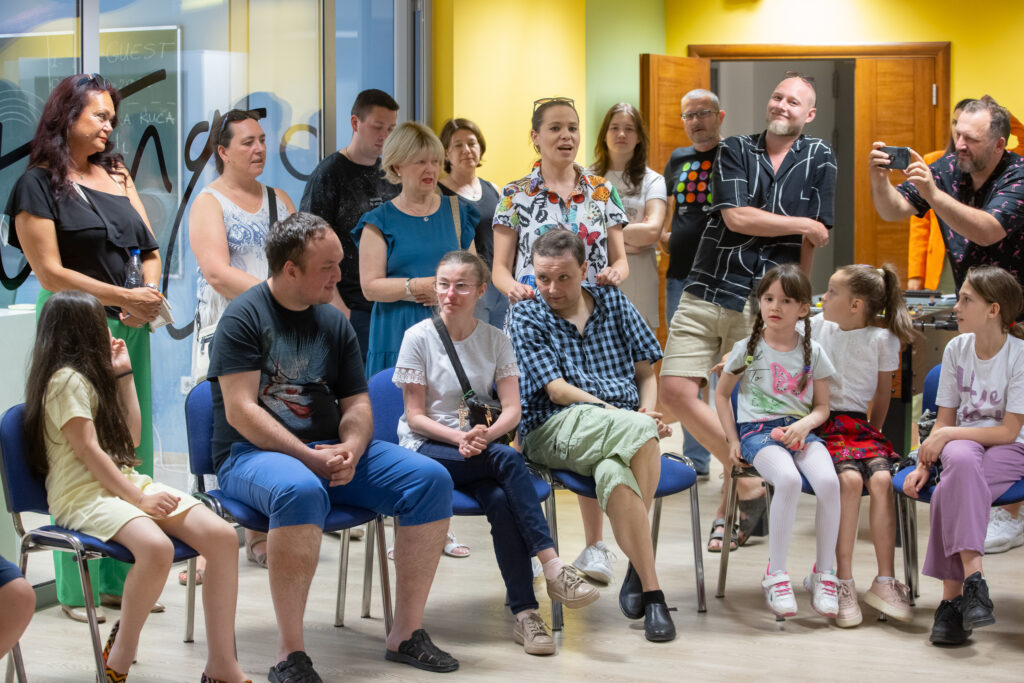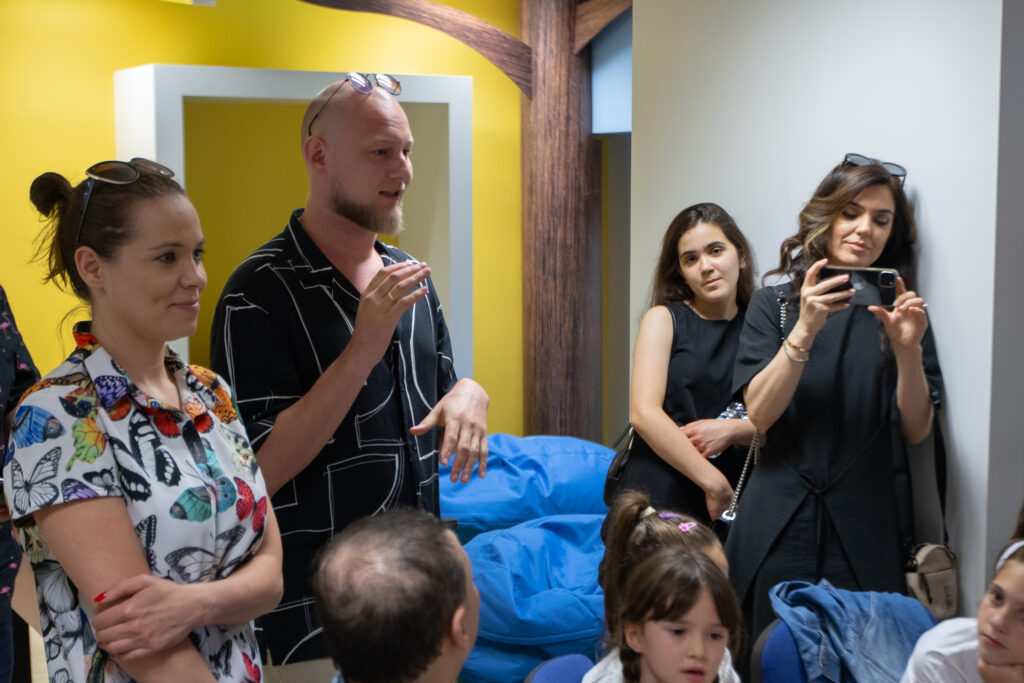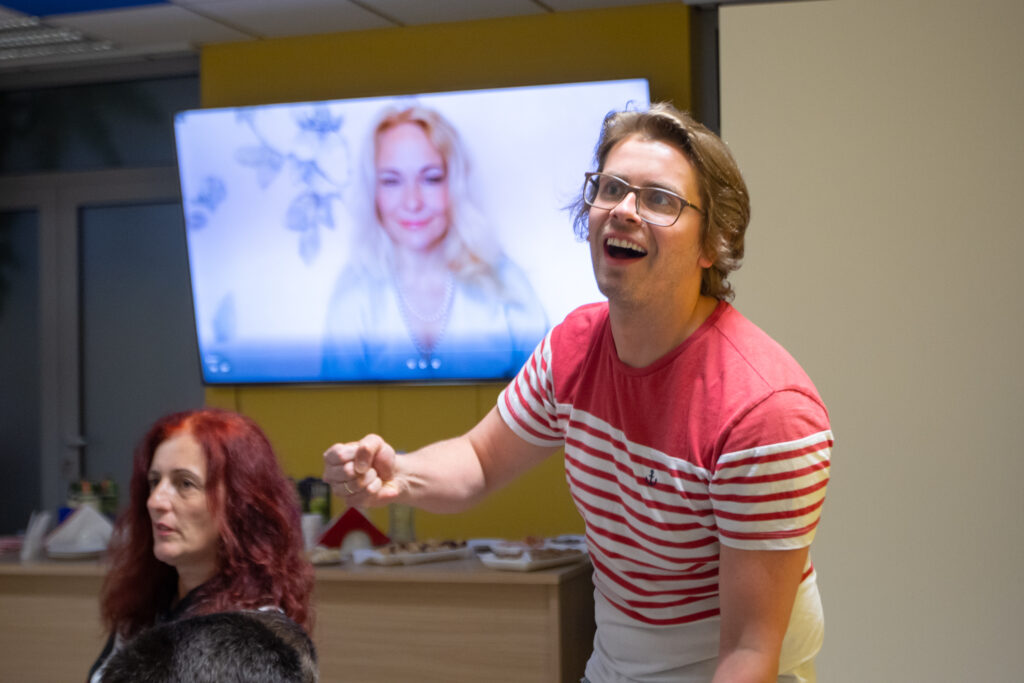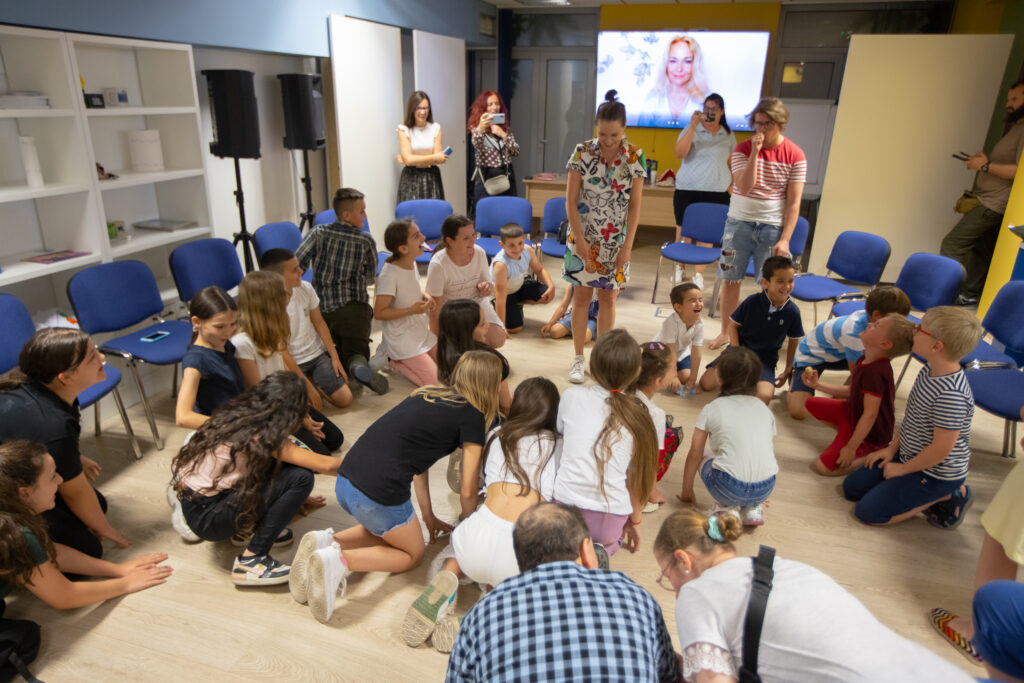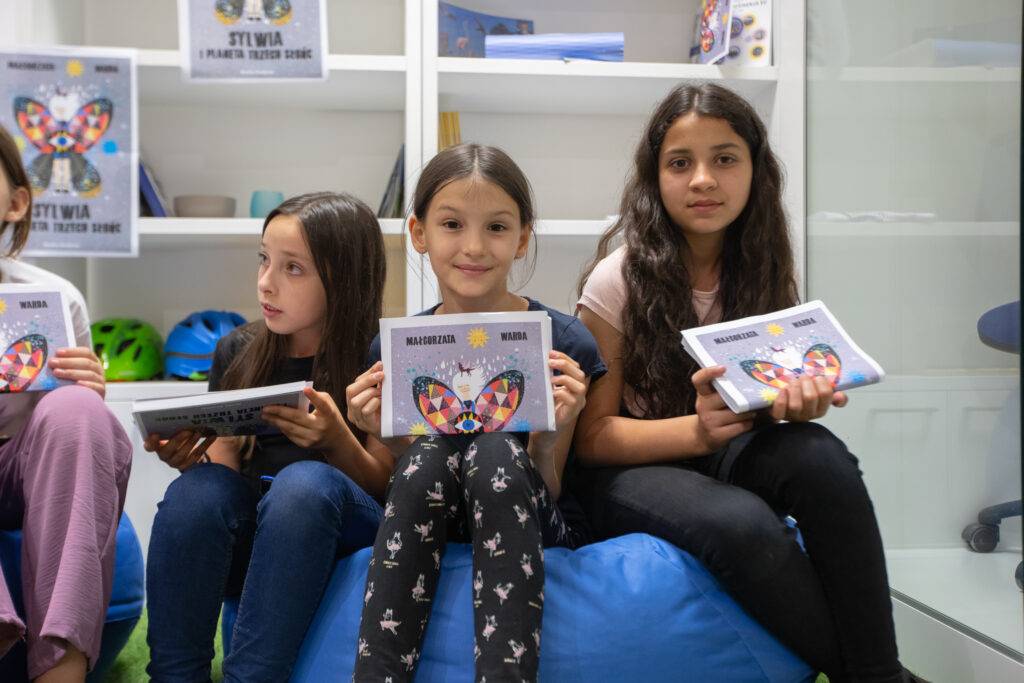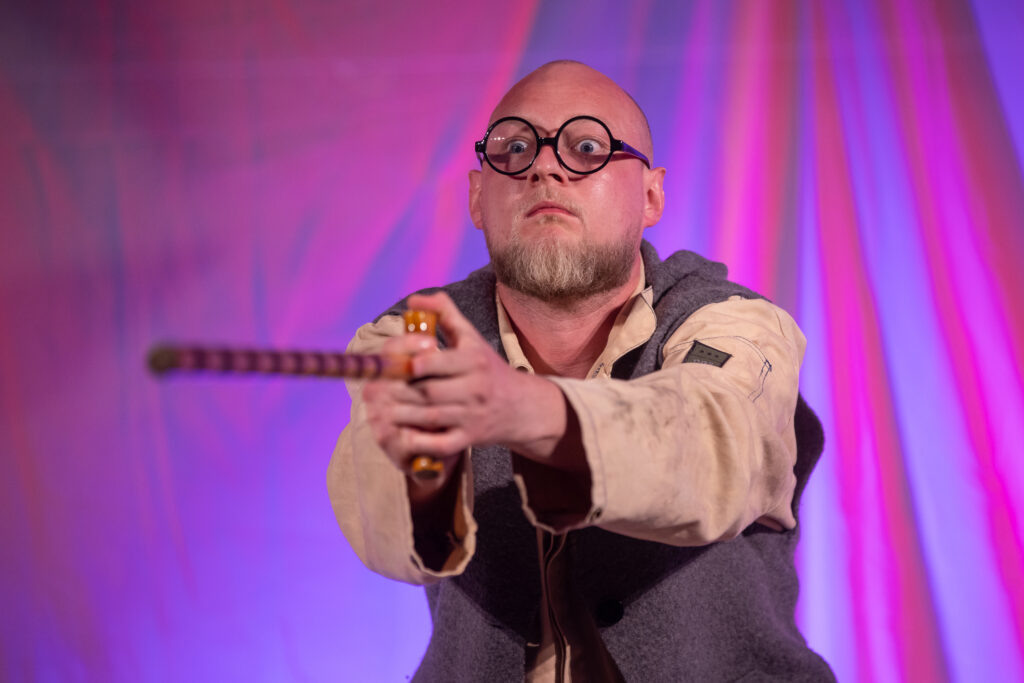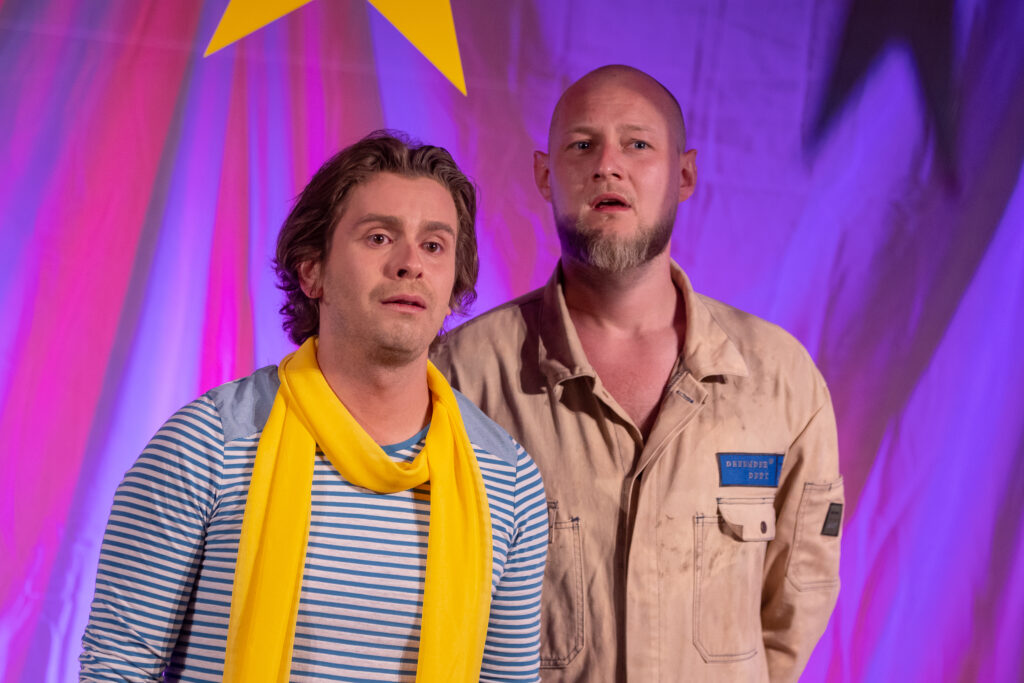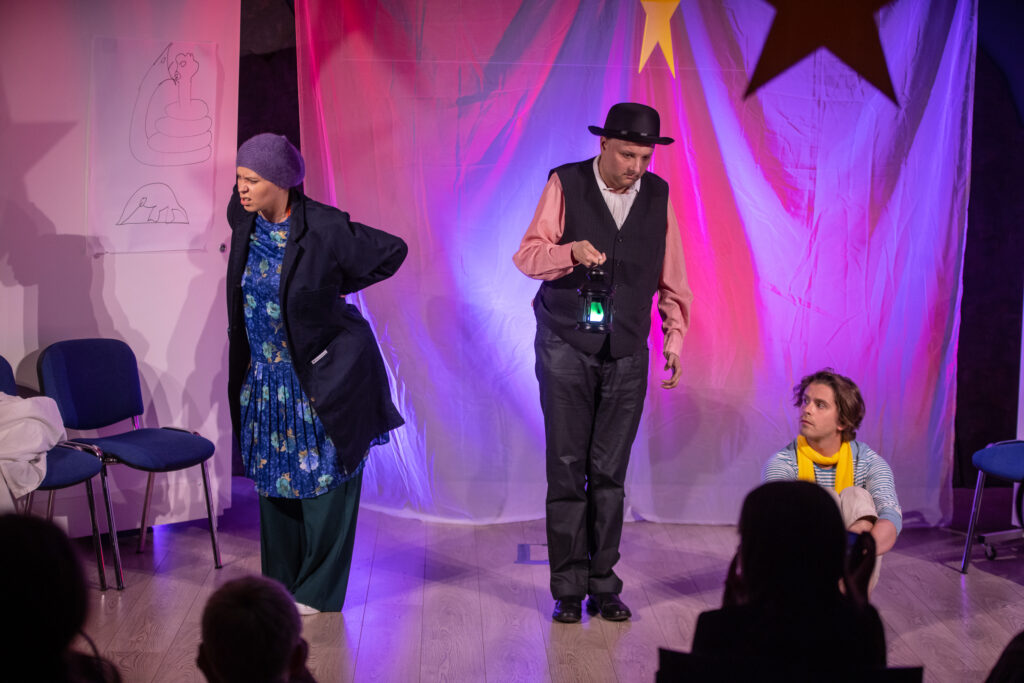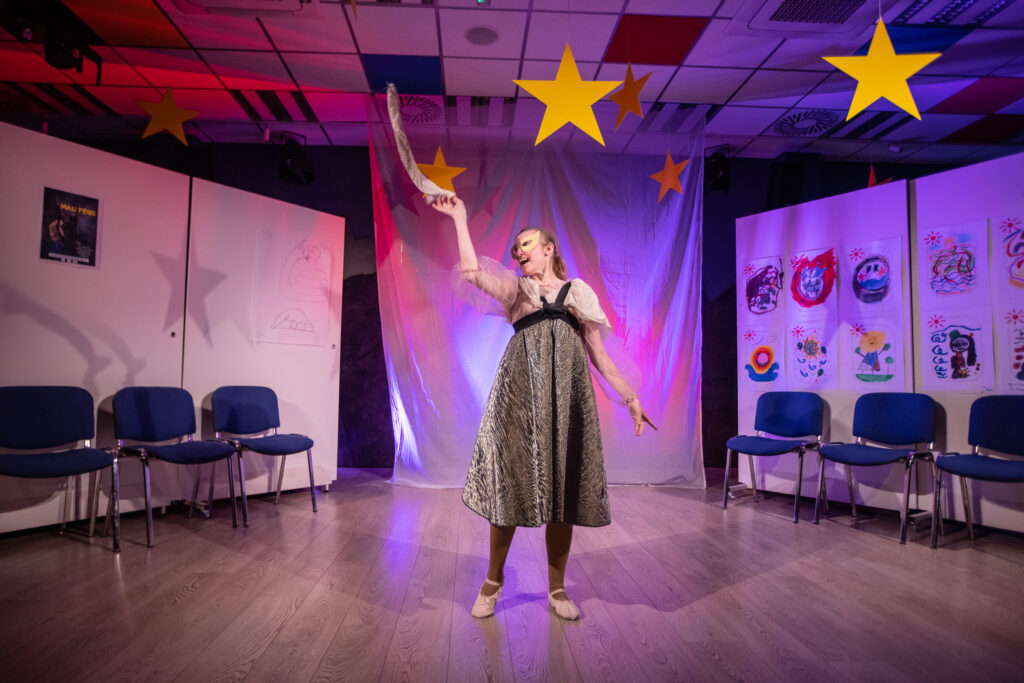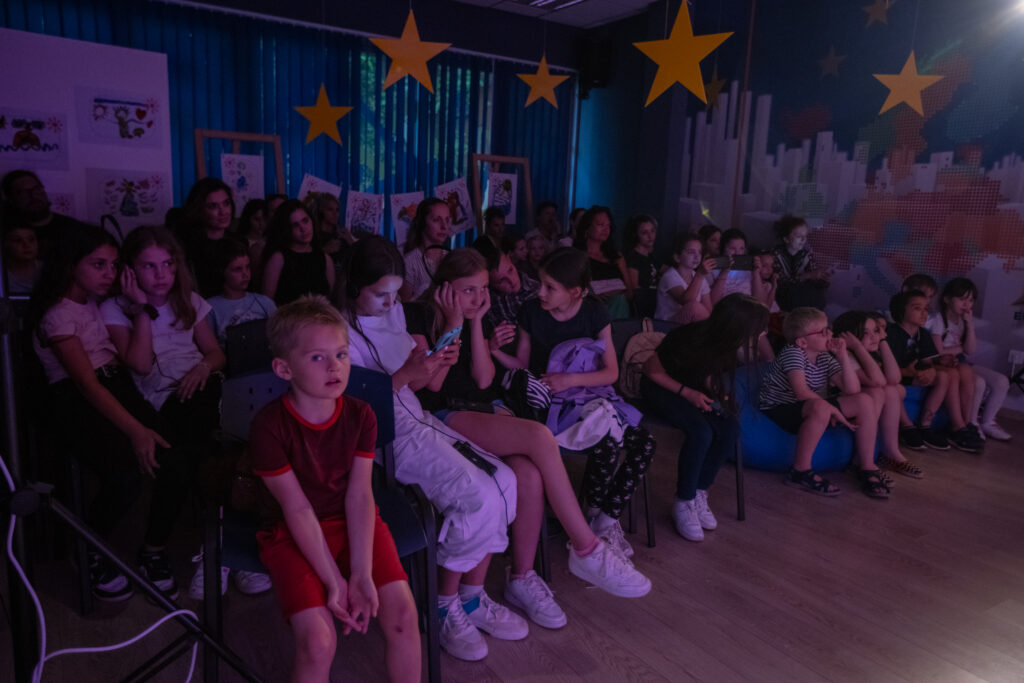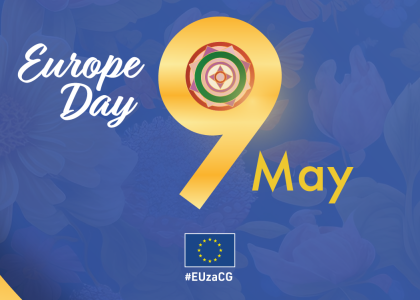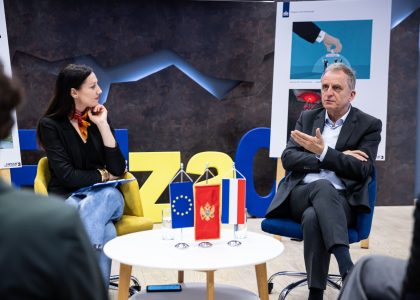A theatre, children’s smiles, and a boa constrictor that swallowed an elephant
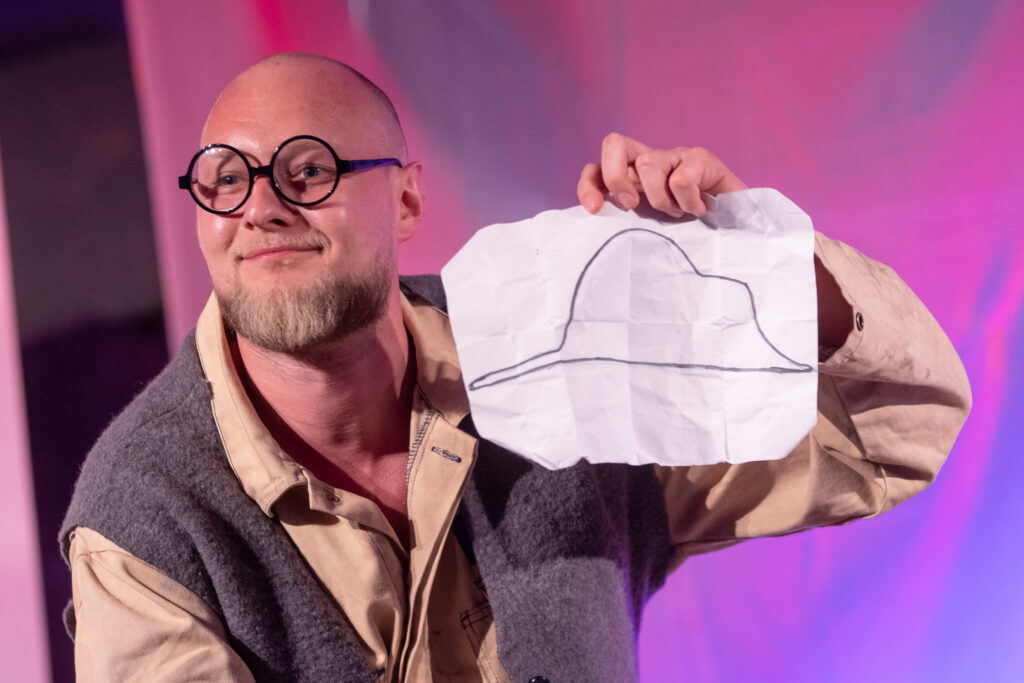
“It is a question of discipline,” the Little Prince said to me later on. “When you’ve finished your own toilet in the morning, then it is time to attend to the toilet of your planet, just so, with the greatest care,” he insisted while observing the drawing of a sheep.
The Little Prince’s planet is tiny, everything related to it is so terribly small, but everything related to Antoine de Saint-Exupéry’s work is therefore magnificent, universal, and grand.
Someone might think that taking care of the Little Prince’s planet is easy, but trust us, it’s not that simple. It requires desire and awareness.
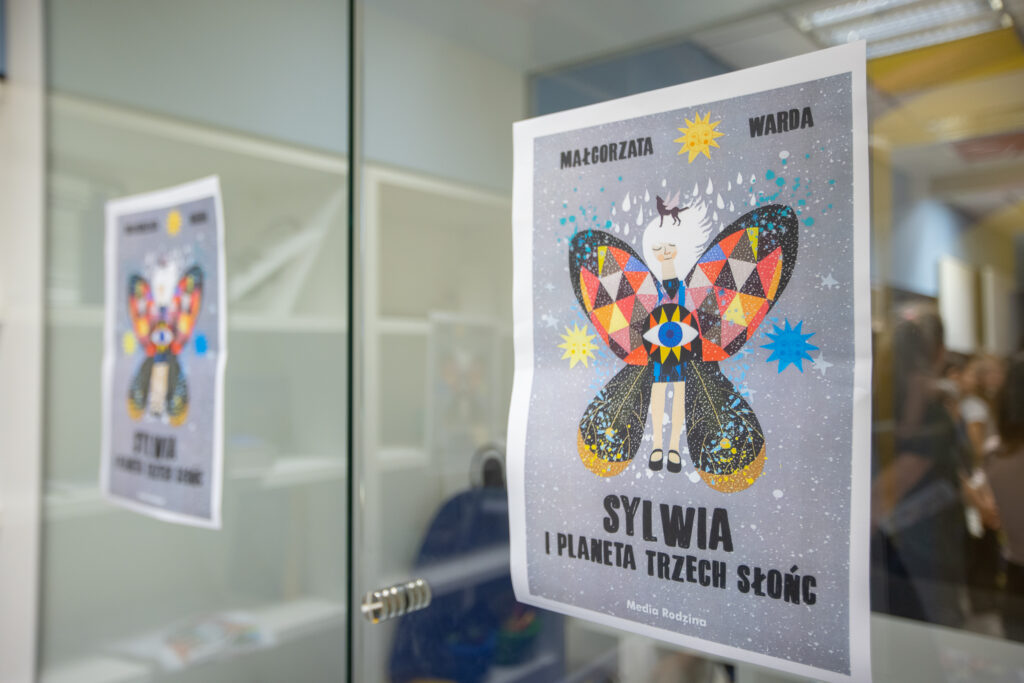
In anticipation of the EU Green Week, Europe House celebrated International Children’s Day, which is celebrated on 1 June in many countries, including Poland.
The problem, you see, are baobabs. They are so big that, with their roots, they can destroy the tiny planet. That’s why the Little Prince needs a sheep, a sheep that eats baobabs while they are still bushes.
Therefore, one should not wait for an environmental problem to turn into a terrible baobab; environmental problems are solved while they are still small. They are solved step by step.
The Polish theatre troupe of the “Kambak” Foundation convinced us of this. Their activities focused on creating and promoting culture and art for people with disabilities.
“We create a space for work, workshops, but, perhaps above all, for understanding, integration, and acceptance of other people and self-acceptance. These activities are related not only to people with disabilities but also to all individuals who feel special,” says the founder of the Foundation, Beata Lech-Kubańska.
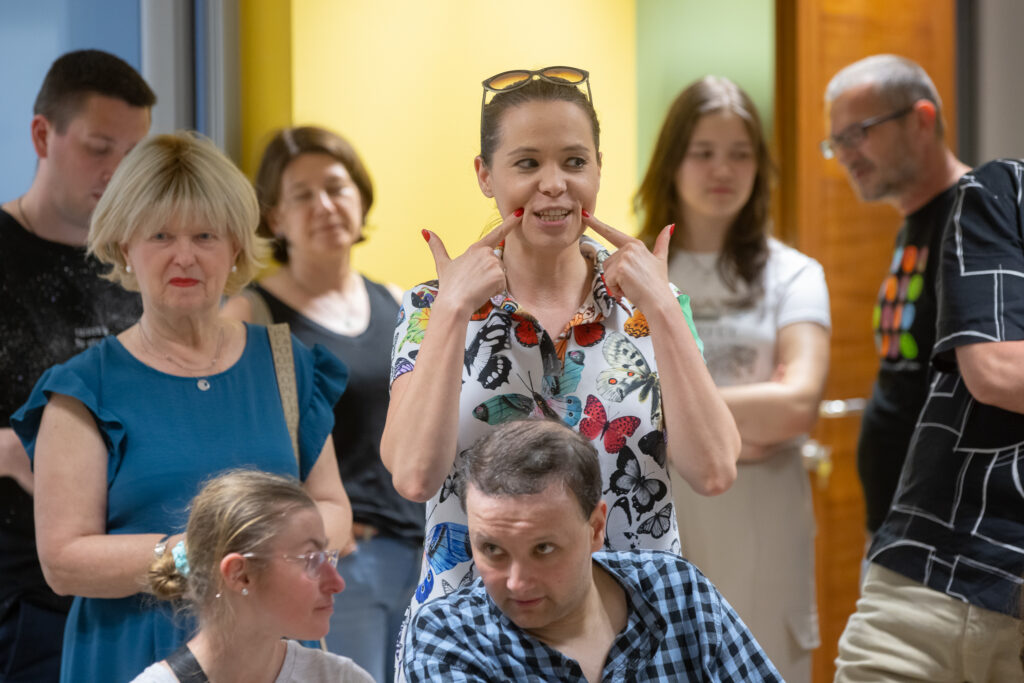
“The Kambak Theatre, which was created by a group of friends, has been connected to the theatre and artistic life of the city of Wrocław for years. It emerged from the need to create a unique place on the theatre map of this city,” says Maciej Mazurkiewicz, an actor, founder, and member of the Foundation.
He adds that the basic assumption of their theatre is the fact that on one stage, with equal rights and responsibilities, actors who are people with disabilities and professional actors function and create theatrical magic.
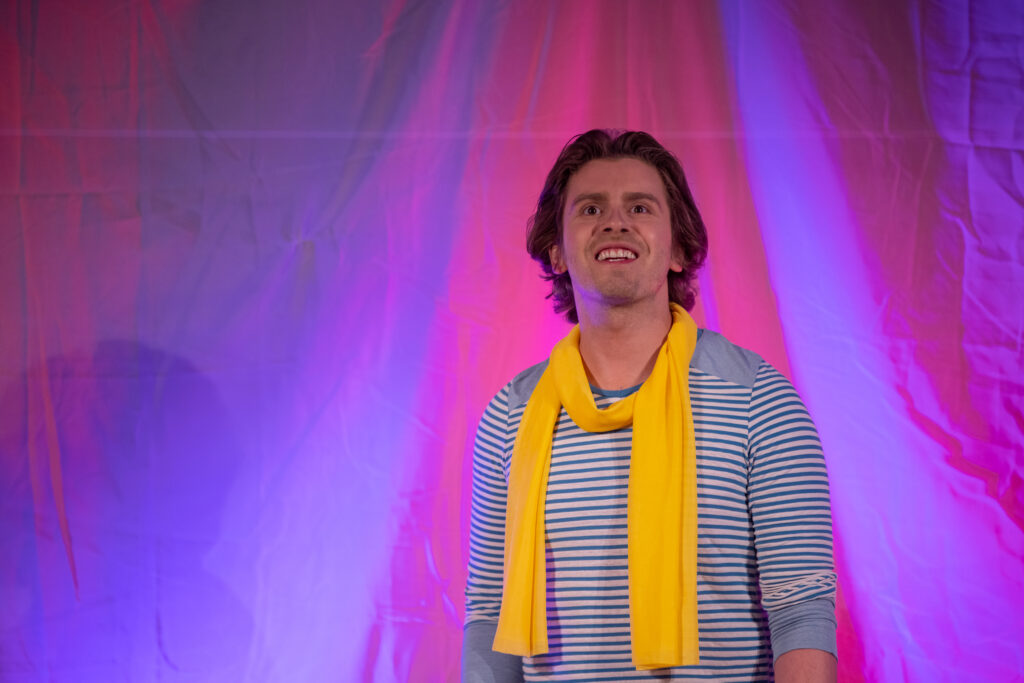
“We believe that an artist is born, and each of us has the right to not only be a recipient of culture but also a creator,” Mazurkiewicz added, among other things.
In collaboration with the Embassy of Poland, the Association of Poles residing in Montenegro and Europe House, the theatre ensemble organised a workshop where they interacted with pupils from the Božidar Vuković Podgoričanin elementary school in Konik, Podgorica, as well as children from the Association of Poles residing in Montenegro.
They had the opportunity to hear from actress Beata Lech-Kubańska and actors Rafał Kozok and Maciej Mazurkiewicz how to become an actor, how many thousands of books you first need to read, how to sing, and how to dream.
Radosław Vojtas organised an activity where he rapped with the youngest members of the audience.
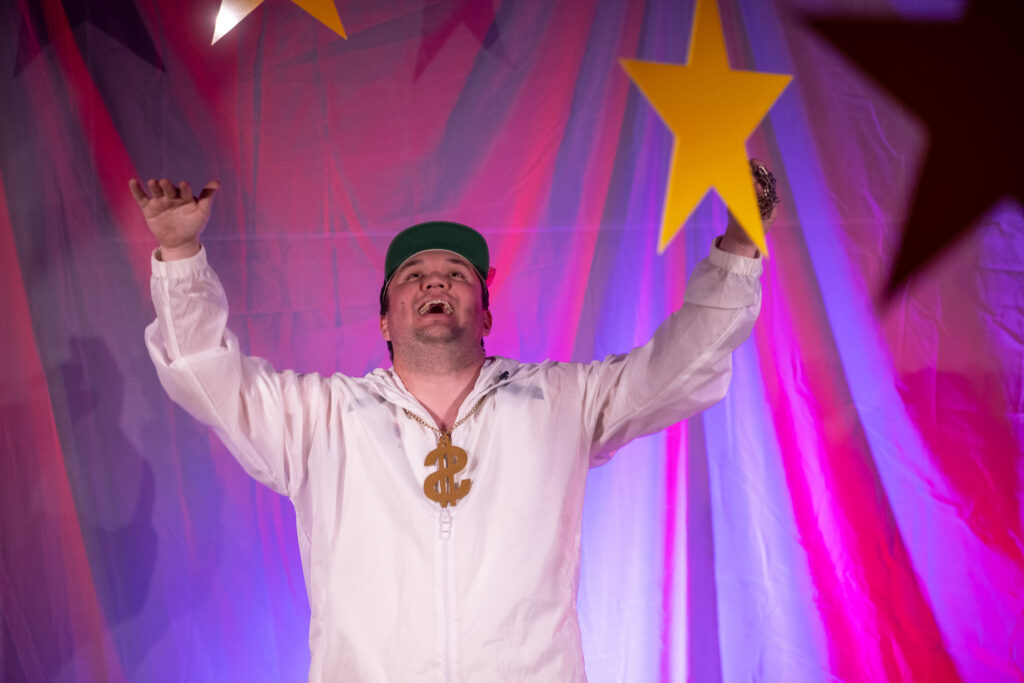
After the gathering, the pupils had the chance to watch the theatre play “The Little Prince.”
This play was based on the motifs of Antoine de Saint-Exupéry’s novel. The novel “The Little Prince,” published in 1943, has been translated into over 300 languages and sold over 140 million copies. Over time, it has been enthusiastically embraced worldwide. It is a magical and timeless prose. It is full of truth and beauty, and the themes it addresses provides extremely valuable guidelines for good behaviour and perception of the world.

